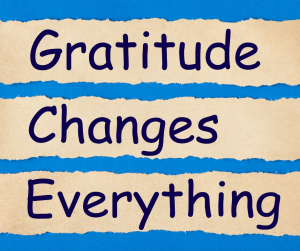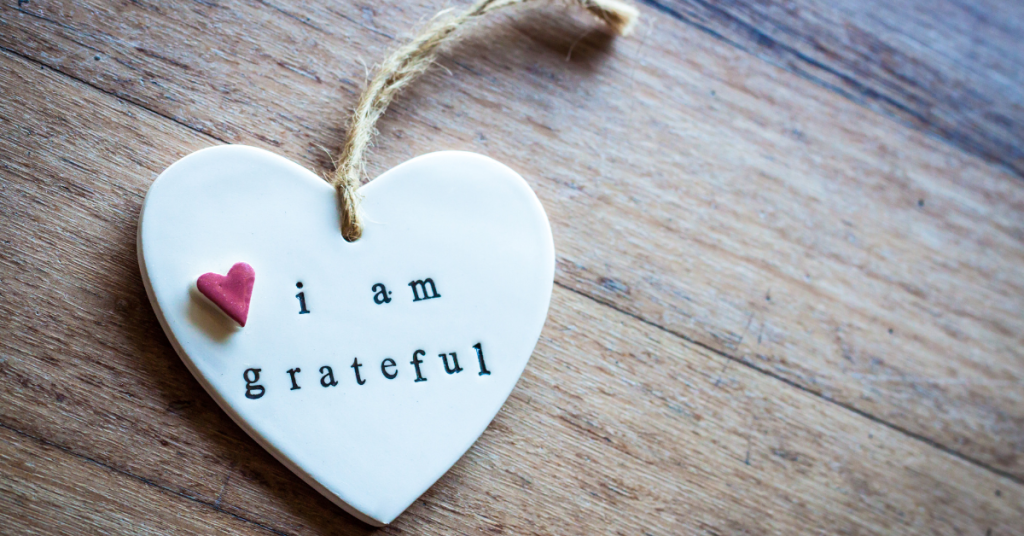“It turns out gratitude is not just a good thing to practice, it is actually good for you!”
This quote is one I found online many years ago and I have found it so powerful I include it in my business course for coaches. I have lost track of the author of the article but the person who shared the wisdom is Alex Korb, a UCLA neuroscience researcher.
On the eve of the US Thanksgiving, it seemed like a fitting article to share with some editing by yours truly.
UCLA neuroscience researcher Alex Korb has some insights that can create an upward spiral of happiness in your life. Here they are.
Below, you will learn the most important question to ask when you feel down.
Sometimes it doesn’t feel like your brain wants you to be happy. You may feel guilty or shameful. Why?
Believe it or not, guilt and shame activate the brain’s reward center.
Despite their differences, pride, shame, and guilt all activate similar neural circuits, including the dorsomedial prefrontal cortex, amygdala, insula, and the nucleus accumbens.
Interestingly, pride is the most powerful of these emotions at triggering activity in these regions — except in the nucleus accumbens, where guilt and shame win out. This explains why it can be so appealing to heap guilt and shame on ourselves — they’re activating the brain’s reward center.
And you worry a lot, too. Why? In the short term, worrying makes your brain feel a little better — at least you’re doing something about your problems.
In fact, worrying can help calm the limbic system by increasing activity in the medial prefrontal cortex and decreasing activity in the amygdala. That might seem counterintuitive, but it just goes to show that if you’re feeling anxiety, doing something about it — even worrying — is better than doing nothing.
But guilt, shame, and worry are horrible, long-term solutions. So what do neuroscientists say you should do?
Ask yourself this question:
What am I grateful for?
Yeah, gratitude is awesome … but does it really affect your brain at the biological level? Yup.
Practicing gratitude modulates key brain circuits that contribute to mood, motivation, resilience, and more. It stimulates the region of your brainstem where dopamine is produced, which has a general motivational effect.
It also activates your nucleus accumbens where dopamine gets released for little sparks of joy.
And perhaps more importantly it alters the activity in your anterior cingulate cortex to pay more attention to the positive aspects of your reality, helping you get a bigger boost from all the wonderful things in your life that are so easily overlooked.
You know what the antidepressant Wellbutrin does? Boosts the neurotransmitter dopamine. So does gratitude.
The benefits of gratitude start with the dopamine system, because feeling grateful activates the brain stem region that produces dopamine
Know what Prozac does? Boosts the neurotransmitter serotonin. So does gratitude.
One powerful effect of gratitude is that it can boost serotonin.
Trying to think of things you are grateful for forces you to focus on the positive aspects of your life.
I know, sometimes life lands a really mean punch in the gut and it feels like there’s nothing to be grateful for. Guess what?
Doesn’t matter. You don’t have to find anything. It’s the searching that counts.
Kat here: This is what blows my mind! All we have to do is search for something we are grateful for to get the benefits.
It’s not finding gratitude that matters most; it’s remembering to look in the first place. Remembering to be grateful is a form of emotional intelligence.
One study found that it actually affected neuron density in both the ventromedial and lateral prefrontal cortex. These density changes suggest that as emotional intelligence increases, the neurons in these areas become more efficient. With higher emotional intelligence, it simply takes less effort to be grateful.
And gratitude doesn’t just make your brain happy — it can also create a positive feedback loop in your relationships. So express that gratitude to the people you care about.

 Many people have a habit of keeping a gratitude journal. I think that’s great. I also find it can be as simple as making a habit of looking for the good that you have at any given moment. Take time throughout the day to savor something in your life. Make a habit of noticing when things are going RIGHT and gratitude will naturally occur.
Many people have a habit of keeping a gratitude journal. I think that’s great. I also find it can be as simple as making a habit of looking for the good that you have at any given moment. Take time throughout the day to savor something in your life. Make a habit of noticing when things are going RIGHT and gratitude will naturally occur.

 I have found that being a part of a community activates that gratitude channel of mine. Find people who are like-minded and take time to connect with them.
I have found that being a part of a community activates that gratitude channel of mine. Find people who are like-minded and take time to connect with them.
I have an amazing community of coaches and we would love to have you join us on December 12th from 10 am – 11:30 am PST. We will be gathering to do some visioning and we will be looking at what you already have that is going well to start your new year off right. I hope to see you there.
Watch for an email with a registration link coming your way soon!





This is great Kat. I’ve found some of this through my own experience. It’s wonderful to get scientific feedback to my experience.
Hi Kat,
Thanks for sharing this and other articles + videos. I’m interested in joining your coach community session but am not available on the 12th. Are there or will there be other session options? It would be great to reconnect!
Steve